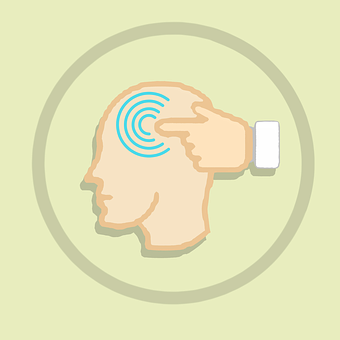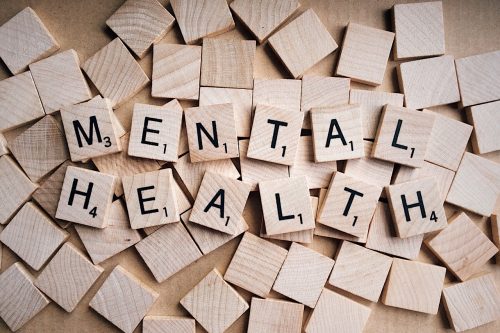
College life is a stage of learning, unraveling, and exploration. College students are adults who are, at their age, expected to create a life of their own and reach for their dreams. However, for most of America’s 20 million college students, the shift from teenage to adult life is an extreme challenge to their mental and emotional health.
A recent survey done last year revealed that three in five students experienced severe anxiety and depression. Others also struggle with substance use. The details are overwhelming, yet only very few come forward and seek help from their school counselor, and much fewer from an outside therapist. They struggle with their mental issues and eventually also struggle with their academics.
his ongoing dilemma requires colleges to make major changes in their approach to assisting students with their mental health concerns.

Some Steps To Consider
- Life Skills Education. Teaching students healthy means to cope with their stress and worries of college life. Among the most vital skills that they should be taught is building friendships and other relationships; making wise decisions; dealing with emotions; creating an identity, and finding purpose in life.
Creating mental health apps that can be downloaded in their cellphones so they can deal with their everyday challenges. Breathe is an example of an app that offers quotes and activities a student can do when he’s stressed out for the day.
- Encourage Them To Seek Help. Most of these students don’t know how to find the help they need, which is why schools should host workshops and school activities that increase mental health awareness, including therapy and what it can do. A few universities use class projects to encourage their students to learn more about stigma-reduction and developing help-seeking behavior. In Dr. Nikki Martinez, Psy.D. blog, she says, “If you are struggling with low self-esteem, it is encouraged that you seek some type of help and support to work through this issue, and to help you be the best version of yourself that you can be.”
- Foster Socialization. Rejection and loneliness are common risk factors for developing mental health illness. Lower the risks by organizing events on the campus that are geared towards developing unity and connectedness. Events can range from pageants and intercollege sports competitions to workshops and conferences.
- Recognizing Students Who Are At Risk. Teachers and other staff, including orderlies and residence hall personnel, must be educated on how to identify susceptible students and those who have existing mental health problems, and they should be taught how to promote mental and emotional health awareness. Fellow students must also learn how to recognize and report a student who they feel might be at risk for mental illness.
“Knowing your risk factors for depression and other mental-health diagnoses, and how your mental health may be impacted by the medications you take is a crucial part of taking control of your mental and physical health.” –Julia Hogan, LCPC
- Restricting Them From Possibly Harmful Spaces Or Equipment. It must be well established that restricting or removing college students from being able to access means for self-infliction is among the most important guidelines in school. The school and the local hospitals should also share information regarding matters of mental health. Some institutions in the United States have identified places that are common for students to commit suicide, like bridges, and they have installed nets below these bridges as a preventive measure.

According to Alicia H. Clark, Psy.D., “The best progress happens when you apply what you’ve learned outside that setting, in your real life.” If universities and colleges will successfully create guidelines that are well-structured and student-oriented, with a thorough framework that supports mental and emotional health, these institutions can better protect the welfare of their students and allow them to improve and become socially, academically, and emotionally healthy.

















